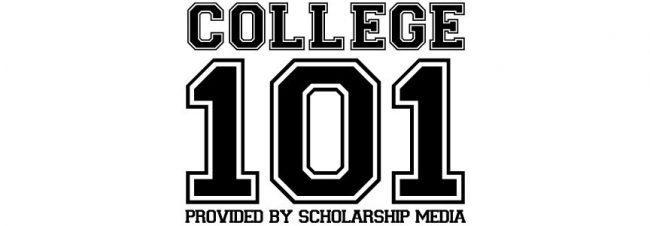No matter what industry you’re in, client communications is an essential aspect, and it’s a good skill to hone. The first thing to remember is that client work is never easy. There’s a reason some people aren’t cut out for work in a consultative or advisory setting. Learning how to build relationships with people is what it’s all about.
It’s all about relationships
Larry Altman at Smallbiztrends characterized it perfectly in his piece about managing client relationships successfully. He claims relationships are at the heart of business.
While it sounds as cliché as it is cheesy, it really couldn’t be more accurate. Knowing that also means you’ll need to become a well-versed communicator. Despite what some might have you believe, a large proportion of industry problems stem not from technical limitations but from miscommunication and/or misinterpretation. The issues are widespread.
Client work is absolutely no different. One might even argue that a majority of problems in consultative or advisory work originate from miscommunication and/or misinterpretation. Don’t fall prey to avoidable communication mistakes that could cost you clients. You’ll discover a common theme emerging as you consult available resources. Almost everything you do will inevitably boil down to setting realistic expectations and exercising integrity. Communication is fundamental to achieving those things.
Listen well
Michael Olguin, President of Formula PR, shared 6 expert tips for managing client expectations. Though it’s his penultimate point, emphasizing the importance of becoming a good listener is one of the most valuable and underrated skills in the marketplace. Many of us will proceed through life without ever deliberately trying to hone our listening skills. It’s unsurprising, then, that an author at Netguru explicitly reminds everyone to remember the five principles of listening:
- Receive: hearing the message clearly
- Understand: interpreting the message received
- Evaluate: analyzing and generating an informed opinion and/or speculation
- Remember: recording the message (mentally) for future reference
- Respond: executing the response
Communicating is a lifelong endeavor
You’d be remiss to forget these things, too. Unfortunately, some are under the false impression that communication becomes easier or less important as you advance through life. It’s tempting to assume that’s the case since we should be naturally improving our communication skills as we age and gain more experience. On the contrary, the more successful you are, the more essential communications will become.
That’s why large corporations allocate inordinate resources into enterprise video and voice conference solutions and training their executives how to become better leaders (i.e., communicators). It’s never too late to begin improving your own communication skills. Acknowledging that you shouldn’t take it for granted is the first step to making committed progress.









